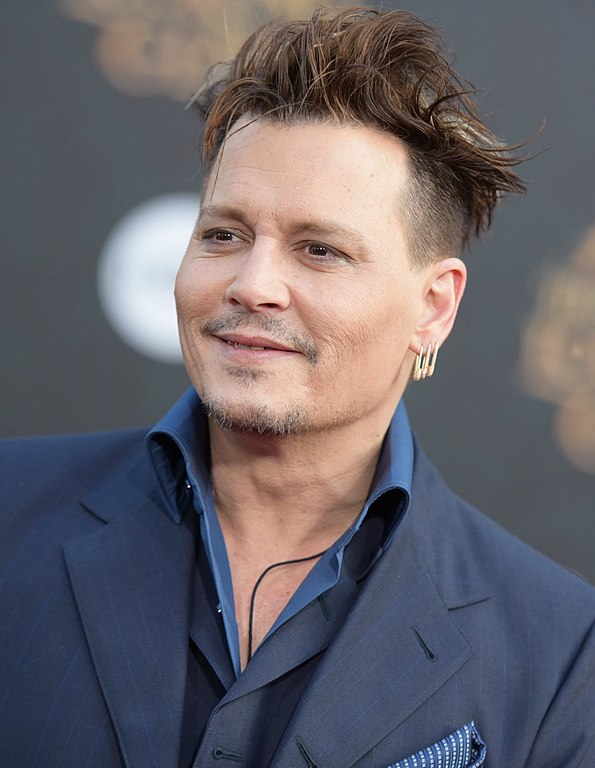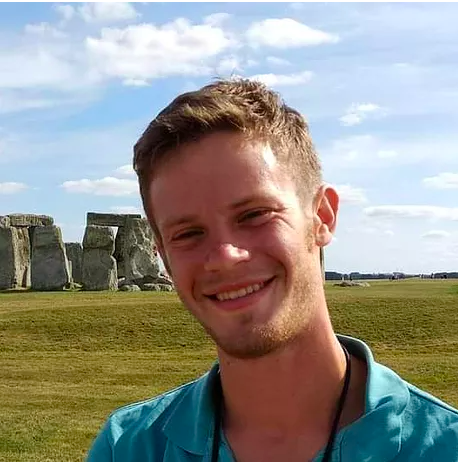
Trial by Social Media: An Overview of the Johnny Depp-Amber Heard Trial and its implications for due process
At the start of June, the public and dramatic defamation trial of Johnny Depp and Amber Heard came to a close, with Depp being awarded 13 million in damages from his ex-wife. The court case was initiated through a defamation lawsuit filed by Depp, over an article written by Amber Heard that was published in the Washington Post. Although Heard never mentioned her ex-husband explicitly in the article, the defamation complaint filed by his legal team argued that “Although she never identified him by name, the op-ed plainly was about Ms. Heard’s purported victimization after she publicly accused her husband, Johnny Depp (“Mr. Depp”) in 2016”. Heard characterized herself in her Washington Post article as a “public figure representing domestic abuse” and by the end of the trial, that was true in a way. She had become a symbol for abuse, but not as the victim.
There were a number of recordings used for evidence that indicated Heard was abusive to Depp. One recording featured Heard responding to Depp’s threat to report Heard (for striking him) by saying, "tell the world that, I, Johnny Depp, a man, was a victim of domestic abuse…and see how many people believe or side with you"". Another clip came out where Heard responded to Depp complaining about her punching him, by saying “I was hitting you, I was not punching you”. When Depp continued to complain, Heard was heard telling him to “stop being a baby”. As the trial progressed, the evidence that Heard had abused her ex-husband continued to pile up. Starling Jenkins III, who was working for the couple as a bodyguard, testified that Heard had confessed to him that she left her own fecal matter on his bed. An excerpt from a private love letter that Heard wrote to Depp was read in court, where Heard apologized for severing part of Depp’s finger by saying “I’m sorry I hurt you, I can get wicked when I’m hurt”.
While the evidence of Heard's abusive behavior towards Depp continued to pile up, Heard's accusations of Depp's abuse towards her were steadily losing credibility. Bryan Neumeister, a digital forensics expert, determined that the photos Heard used in a post accusing Depp of assault, “were modified”, explaining that “forensically, the fingerprints of the photos don’t match”.
Witnesses also testified to the court that Heard had called in the media to question her about her bruises, when she filed for a restraining order against Depp. Kate Moss, Depp's ex-girlfriend, testified that Johnny had never “pushed me, kicked me or threw me down any stairs” during their relationship", shutting down rumors spread by Heard that he had pushed Moss down the stairs. The trial concluded on June 1st, with the jury finding in favor of Depp’s side, awarding Depp over 10 million dollars in damages.
The trial drew enormous interest online, with over 18 billion total views for videos that used the hashtag #justiceforjohnnydepp. After the conclusion of the trial, Heard gave an interview to NBC and addressed all the criticism she had received on social media. She claimed that she didn't “take it [all the social media criticism directed towards her] personally” and argued that "even if you think that I’m lying, you still couldn’t look me in the eye and tell me that you think on social media there’s been a fair representation”.
The right to due process and a fair trial are important and correct judicial values to try and uphold. Although I disagree with Heard that she wasn't fairly represented on social media, I do think there's a case to be made that social media can put pressure on the jury and influence the jury decision. When social media takes a strong stance on an ongoing trial, it has a strong potential to cause the jurors to be biased in favor of the winner preferred by social media.
Although the trial showed the potential for social media to create unfair bias in a jury and erode, it also helped strengthen due process as well. Some progressives have advocated that "all women [who make a claim] should be believed" and the defamation trial highlighted the fallacy behind that idea. Claims of sexual assault and abuse must be taken seriously and are too often brushed aside, but investgating claims of assault doesn't necessarily mean believing them simply because the accuser is a woman. Johnny Depp’s defamation lawsuit was yet another example (a very public one) why society needs to protect due process and reserve judgment, regardless if domestic abuse has a male or female abuser or victim.
After following the trial closely, it is clear to me that Heard engaged in violent and abusive actions towards Depp and the jury's ruling was fair and proportionate. An unfair/made up accusation of assault can destroy someone's life and career. Disney cut ties with Depp over the controversy and Depp is one of the biggest movie stars in the world. It isn't unreasonable to believe that Depp has likely lost millions of dollars in potential work, because of Heard's accusation. Despite my belief that the jury's ruling was correct, the potential influence of social media to influence the judiciary is a worrying dynamic that isn't going away any time soon.
